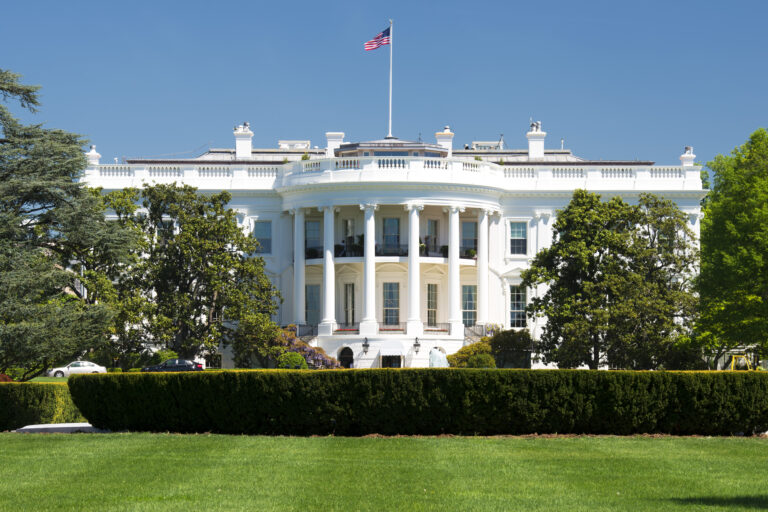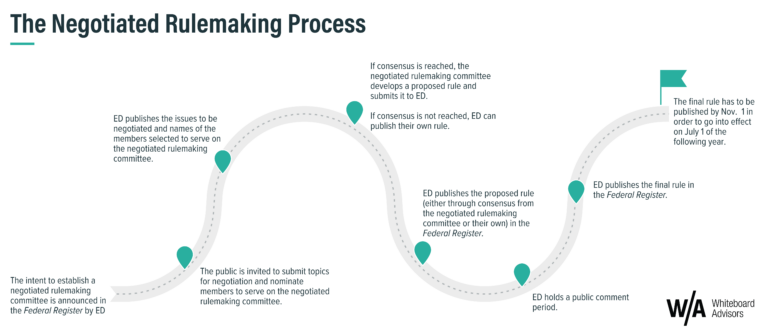Negotiation
Early in my career at Wireless Generation, they sent me off to Columbia’s three-day course on “Negotiation Strategies,” run by Professor Bob Bontempo. I learned a ton and highly recommend the course. Four things stuck with me:
- The discipline of creating a “payoff table” — a list of the issues in play and the range of potential outcomes by issue. By relatively valuing the issues and outcomes you can negotiate holistically.
- The importance of understanding your BATNA and estimating that of your counter-party. Successful negotiation starts with an exploration of your alternatives.
- The benefit of the “extreme opening offer” — leveraging anchoring by making the highest offer “that doesn’t get you laughed out of the room.” (I rarely do so — it’s not really my style — but wow is it effective).
- The value of practicing. The best way to get good at negotiating is to do it. Dr. Bontempo ran us through a dozen exercises over three days, each one cementing a concept or strategy. I have run occasional workshops over the years, always with great feedback.
On the last day of the course, Dr. Bontempo said something that seemed important but I didn’t fully understand — along the lines of “negotiation is about maximizing your payoff table; persuasion is about changing the other party’s payoff table.” I shrugged.
Persuasion
In 2015, I got interested in persuasion. I found my way there from Scott Adams’s blogging and his persuasion reading list. He saw the Republican primary more clearly than the pundits. (He later transitioned from analysis to advocacy and I now find him unreadable). It’s harder to “listicle” persuasion but I would point out:
- There’s a science to it, and it’s eerily effective. Cialdini’s Influence is an excellent starting point. You’ll quickly notice how much deliberate, systematic persuasion comes at you every day.
- Persuasion has a lot to do with visceral, even familial feelings of connection. (Win Your Case and Pre-Suasion are go-tos here). We are fundamentally social animals.
- We are largely post-facts, these days. Confirmation bias trumps receptivity and deliberation. Most of our hot takes on “the issues” are either echoes of some long-past persuasion that landed or tribal mood affiliation.
It can get grim. In politics, as micro-targeting, base mobilization, and revival-style rallies; in commerce, as brand affiliation, celebrity worship, and pseudo-belonging. “12,357 other travelers bought trip insurance for their flight” — shouldn’t you follow their lead?
Yet if I had to choose exclusively, I’d rather spend my time persuading and being persuaded instead of negotiating. If “the arc of the moral universe is long, but it bends towards justice” — and I believe it does — the arcs of our personal journeys are short, but they bend towards fellowship and insight. That’s the work of persuasion.
I am left with two questions:
Could we spend more time on low-stakes persuasion?
The traditional venue for persuasion — politics — has become so toxic and polarized that it shuts out productive dialog. But there ought to be a venue for reasonable disagreement and efforts to persuade. Low-or mid-stakes, diverse participants and audience, in-person preferably. I don’t think Twitch does the Agora. Is that happening somewhere in your life? I’d be curious to learn about it if so.
Shouldn’t we be teaching our kids these skills and behaviors?
Executive function and social skills matter to life outcomes, complementing intelligence and content knowledge. Negotiation and persuasion are towards the top of the list. Yet secondary education treats psychology as facts to know, not skills to apply. A friend called AP Psychology a “history of psychology” course — quick, what did Jung have to say about dreams?
If you’re interested in the question, I’d point you towards my friend Sarah Dillard’s work at Kaleidoscope Education. She’s creating new liberal arts curriculua for high school, including a “Practical Psychology” course. She’s recruiting pilot teachers in 2020 and raising a seed round. I’d be happy to put you in touch.
-Dave




